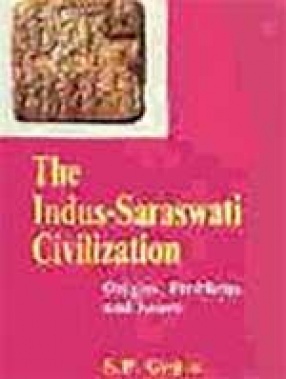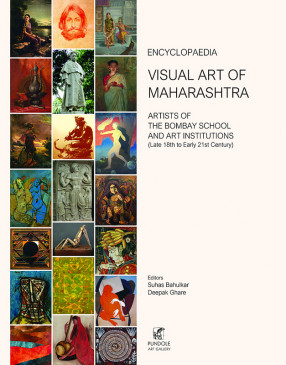The Indus-Saraswati Civilization: Origins, Problems and Issues
Synopsis
The Indus-Saraswati Civilization is the outcome of the post-Wheelerian, including the recent-most, researches conducted by Indian and foreign scholars on the subject of the origins, development and end of the Indus or Harappan civilization, now called the 'Indus-Saraswati civilization'. The book includes for the first time detailed accounts of the excavations conducted at Dholavira in the Rann of Kachchh, Gujarat, and at Kunal in the basin of the Saraswati, Haryana. Data relevant to the theme and pertaining to older excavations conducted in India and Pakistan have also been included. The author shows that Sir Mortimer Wheeler erred grossly when he stated that the 'idea of city' came to India from Mesopotamia, around 2500 B.C. He asserts that the Indus-Saraswati civilization developed locally in the ancient land of India as a result of a long process of change and continuity, which started around 3500 B.C. if not earlier. The book explodes the myths of 'Aryan invasion of the city of Harappa' and the 'Massacre at Mohenjodaro', two other well-known theories. On the other hand he establishes the fact that the Vedic Aryans and the Harappans were not ethnically different peoples living in India at two different points of time and practicing two different cultures. The book is, therefore, both a frontal attack by one of India's leading archaeologists on the age-old theories, so far regarded as 'facts' by many biased historians and ignorant text-book writers, and the proposer of a new theory. There is so much new in this book in terms of data as well as critique of old theories that no one interested in the subject of the Indus-Saraswati civilization or the Vedic civilization can afford not to read it.
Read more
40.50
36.45
$
45.00 $
Free delivery Wolrdwidе in 10-18 days
Ships in 1-2 days from New Delhi
Membership for 1 Year $35.00
Get it now and save 10%
Get it now and save 10%
BECOME A MEMBER








Bibliographic information